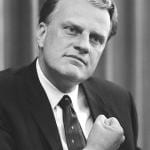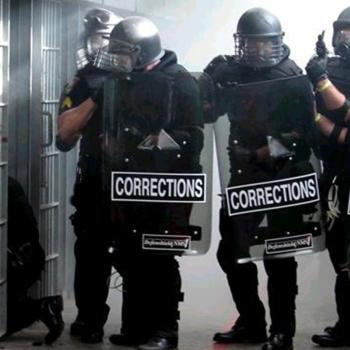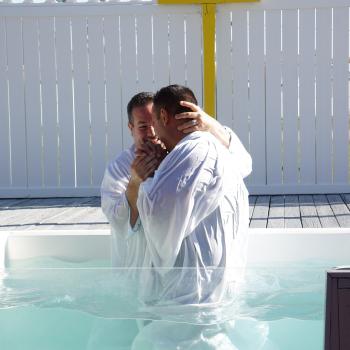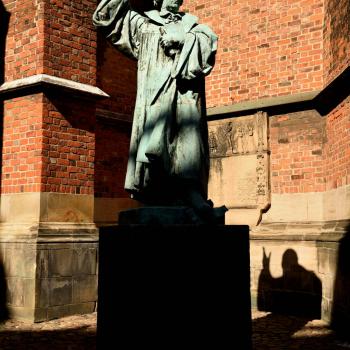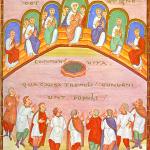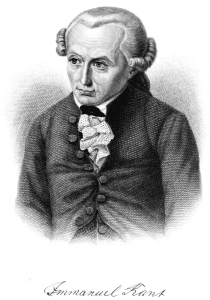
I am a Slovak-American. This means I care about something that, I imagine, fairly few of my fellow human beings do: the differences, if any may be said to exist, between Czechs and Slovaks. Until 1993, part of the same country (Czechoslovakia), these now separate nations differ in ways typically reduced to stereotypes: Slovakia is more religious, more agrarian, less educated, and, well, generally, less “developed.” There is some truth to these claims (though they are by no means unassailable facts). What interests me, here, however, are the ways in which these evaluations result in different views of other people. Which country is more tolerant and why?
The differences in the two countries’ religiosities are striking:
While Slovakia is majority Catholic (63%), around seven-in-ten Czechs (72%) are religiously unaffiliated – the highest share of unaffiliated adults in 34 European countries surveyed by the Center. In addition, far more people in Slovakia than in the Czech Republic say they believe in God (69% and 29%, respectively).
The Czech Republic’s largely secular religious landscape is a result of dramatic declines over time in the share of adults who identify as Catholic. In a survey conducted in 1991 by the Times Mirror Center for the People & Press, Pew Research Center’s predecessor organization, 44% of Czech speakers in Czechoslovakia identified as Catholic. Around half that many (21%) identify as Catholic in the Czech Republic today.
In addition to being predominantly Catholic, Slovaks also are consistently more religiously observant than Czechs. For instance, there is at least a 20-percentage-point difference between the two nations in the shares who say they pray daily (31% of Slovaks vs. 9% of Czechs) and attend religious services at least monthly (31% vs. 11%). And Slovaks are more likely to say religion in very important in their lives (23% vs. 7%). (“Once the Same Nation”)
Given our cultural biases, we might expect Slovaks to be more “backward,” “less tolerant,” or otherwise “premodern.” And yet:
Slovaks are also more accepting of religious minorities than Czechs. Nearly half of Slovaks (47%) say they would be willing to accept Muslims as members of their family, and nearly three-in-four (73%) say the same about Jews. By comparison, just 12% of Czechs say they would be willing to accept Muslims as members of their family, and around half (51%) say the same about Jews.
On questions of nation and culture, Czechs are generally more likely than Slovaks to agree with nationalist statements. While similar shares in both nations say that having a family background from their country is “very” or “somewhat” important to being a true national (i.e., to being truly Czech), more Czechs than Slovaks say being born in their country is important (78% vs. 56%). And more Czechs than Slovaks agree with the statement “Our people are not perfect, but our culture is superior to others” (55% vs. 44%).
While Slovaks appear to be more accepting of religious minorities and less nationalistic on some measures, Czechs are in some areas less socially conservative. Strong majorities of Czechs say abortion should be legal in all or most cases (84%) and that gays and lesbians should be allowed to marry legally (65%). A smaller majority in Slovakia supports legal abortion (70%), and fewer than half of Slovaks support same-sex marriage (47%). (“Once the Same Nation”)
I hope I may be forgiven for quoting at such length, but it seems to me that seeing each of these statistics, one after another, is flooring. This is all the more striking given the rise of an actual Neo-Nazi in Slovak politics; then again, we might recall that an anti-immigration Eurosceptic is the president of the Czech Republic. Further, Slovakia, in spite of its supposed backwardness, ousted a president accused of having a journalist killed, replacing him with a left of center liberal. Looks, it seems, can be deceiving.


